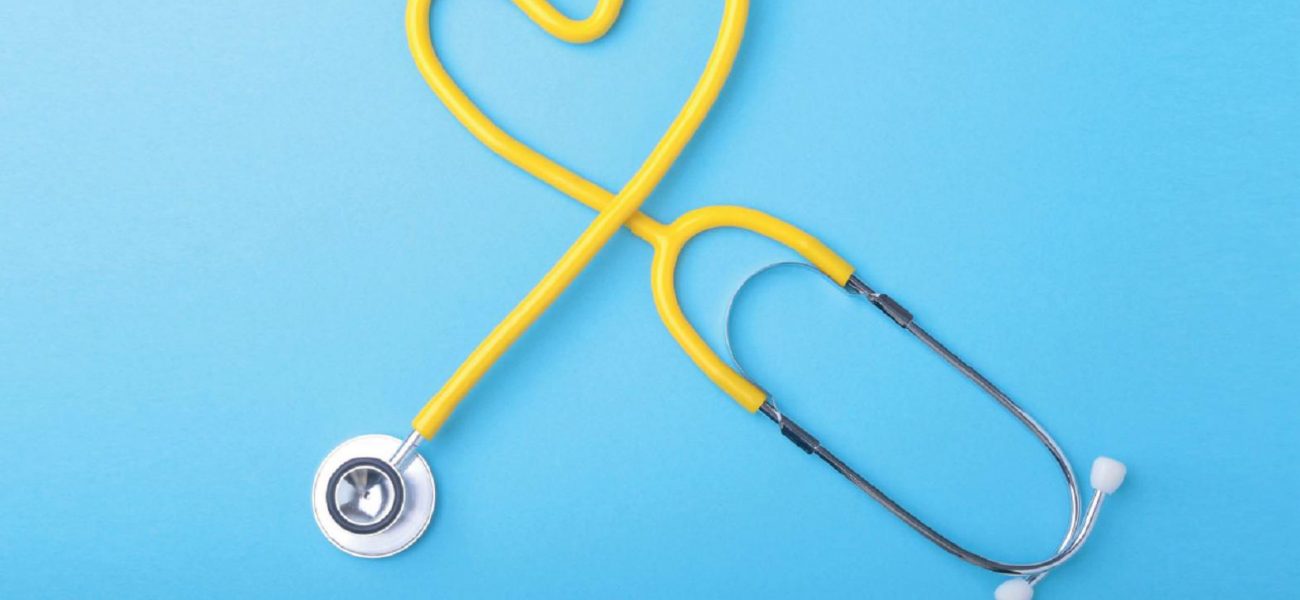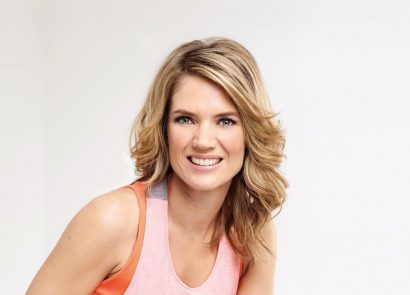Do you have trouble accessing your doctor? If your answer is yes, then you’re not alone. Over 11 percent of people in the UK are unable to make an appointment at all, according to a study by the NHS. This means that it’s even more important that when you do have an appointment with your GP, you get the most out of it.
We’ve asked top medical practitioners what they want us to know so that we can get the best possible care. The doctor will see you now…
You have more control over your health than you think
- “If we could get everyone eating well, exercising regularly, keeping their weight within healthy limits, drinking less alcohol, not smoking and sleeping for eight hours a night, then we’d see a great deal less diabetes, heart disease and cancer,” says Dr Sam Rogers, GP and medical director of Medichecks (medichecks.com). “When you’re going to visit your doctor, you should always ask yourself what you’re doing to maintain your inner health. These measures are much more effective (and better for you) than medicines to fix preventable illnesses.”
Your family history can be essential
- “Digging up those previous ailments may be vital in helping uncover current problems,” says Dr Rupert Critchley, founder of Viva Medi Clinics (vivamediclinics.com). “Think long and hard about your medical past! Your family history may be more important than meets the eye”. Dr Sam agrees, adding that having a full understanding of your family medical history will benefit you at your appointment. “Ask around and find out about your parents, aunts, uncles, siblings, grandparents and great grandparents if possible,” he advises. “Find out the genetic health conditions your family members suffered with. Also know the age of onset, the cause of death and age they died. Knowing this important information can make all the difference and help early detection and prevention.”
Doctors have seen it all before
- “Never apologise or feel that you should be embarrassed about discussing conditions such as sexual health or genital problems,” says Dr Daniel Wright, medical director at Viva Medi Clinics. “GPs are very well trained in these issues and will approach them in a professional and clinical manner. They are very common, but not talked about in society so have developed a stigma associated with them”. Remember, your doctor has seen it all before!
Sleep problems shouldn’t be ignored
- “People often over look sleep problems, but they can quickly become chronic and can usually be easily remedied,” says Dr Steve Iley, medical director at Bupa (bupa.co.uk). “There are many reasons for someone sleeping poorly, including stress, depression, menopausal changes and serious medical conditions, such as sleep apnea. If your doctor knows that you’re having trouble getting quality rest, they can assess the cause and can provide you with medical advice or refer you to a sleep specialist.”
Knowing all of your medication is vital
- Your doctor needs to know everything you’re taking. This includes things you might not think are worth mentioning, such as natural remedies. “Many people take over-the-counter medication, herbal or vitamin supplements for their ailments or deficiencies,” Dr Steve tells us. “Sharing a full list with your GP will give them a clearer idea of your medical situation and ensure that they better understand the results of any tests, and if necessary offer you a complementary or alternative prescription.”
Unexplained weight loss can be a sign of an underlying medical problem
- “Our weights naturally fluctuate, but if yours is consistently dropping for no obvious reason, you should see your GP,” says Dr Alexandra Phelan, NHS GP and online doctor for Pharmacy2U (pharmacy2u.co.uk). “It can sometimes be sign of an underlying condition such as some thyroid problems or even some cancers. Your doctor can work with you to find out if there is a reason for any unexplained weight loss.”
It’s important to keep a record of your last period
- “For women, one of the most important things you need to monitor and record is when you last had your period and what your regular cycle is,” says Dr Steve. “A missed period could be a sign of pregnancy, or a hormonal imbalance. It’s important to keep an eye out for bleeding in between periods. This could be a sign of endometrial cancer. If any post-menopausal women experience vaginal bleeding, they should seek medical advice from their GP.”
Breast tenderness is common
- “Breast pain is often caused by hormonal changes during the menstrual cycle,” says Dr Audrey Provenzano, primary care practitioner at Massachusetts General Hospital. “If the pain is on both sides and occurs every month a week or two before your period, it’s most likely hormone related and normal. However, be on the lookout for breast pain on only one side, discharge or bleeding, or changes in texture.”
Dr Google can be helpful, but don’t rely on it
- It’s easy to head to a search engine for a quick diagnosis, but it’s not always the answer. “Google is a super tool, especially when looking to find out health information and details about conditions,” says Dr Andrew Thornber, chief medical officer for Now Patient (nowpatient.com). “However, don’t rely on it and always trust your GP’s advice.”
Their time is limited
- “A GP appointment is usually 10 minutes long,” Dr Andrew tells us. “Make a note of any symptoms you want to talk about, so you don’t forget. The GP will prioritise the most important issues and get you to book another appointment for any other problems. Also, ask yourself if you really need to see your doctor. So many people go to their GP when they don’t really need to see one. You can get great information from your pharmacist for minor ailments.”





















